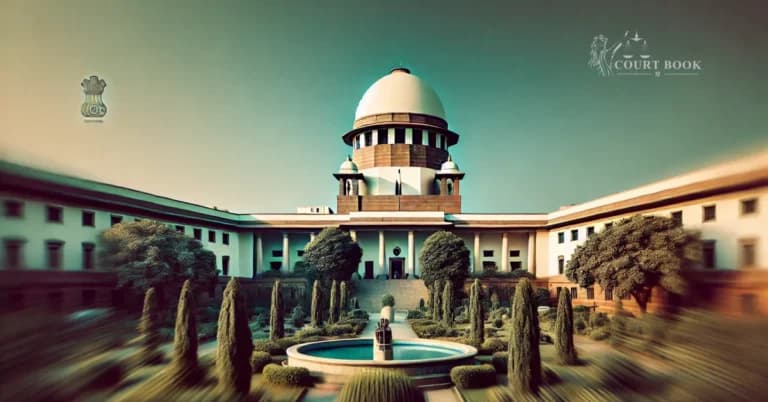The Supreme Court recently ruled on a significant legal issue concerning cheque dishonor cases under Section 141 of the Negotiable Instruments Act, 1881 (NI Act). The Court emphasized that for an individual to be held vicariously liable, two essential conditions must be met:
The accused must be in charge of the company.
The accused must be responsible for the conduct of business at the time of the offence.
“A Director who is in charge of the company and a Director who was responsible to the company for the conduct of the business, are two different aspects. The requirement of law is that both these ingredients must be present in the complaint.”
Background of the Case
A complaint was filed under Section 138 of the NI Act against a company and its directors, including the appellant, Hitesh Verma. The appellant approached the Delhi High Court seeking to quash the complaint, arguing that:
He was not responsible for the day-to-day affairs of the company.
He was not the signatory of the cheque.
However, the High Court dismissed the appeal and imposed a fine of ₹20,000 on the appellant. This led to the present appeal before the Supreme Court.
Read Also:- S.498A IPC | Courts Should Exercise Caution When Handling Family Disputes: Supreme Court
A Bench comprising Justices Abhay S. Oka and Ujjal Bhuyan ruled in favor of the appellant, stating:
"Only the signatory of the cheque can be made liable for the offence under Section 138. There is no assertion in the complaint that the appellant was in charge of the business at the time of the offence. Hence, he cannot be prosecuted under Section 141.”
Important Legal Interpretation
The Court reiterated that under Section 141 of the NI Act, vicarious liability can only be imposed if:
The complaint explicitly states that the accused was in charge of the business operations.
Mere designation as a director does not automatically make someone liable.
Read Also:- Doctrine of Transmigration of Motive: Supreme Court's Explanation Under Section 301 IPC
Since these conditions were not met in this case, the Supreme Court quashed the complaint against the appellant. However, the Court clarified that the trial proceedings against other accused persons will continue.
This ruling is crucial as it:
Prevents unjustified criminal liability on directors who are not actively involved in business operations.
Reinforces the need for precise allegations in complaints filed under Sections 138 and 141 of the NI Act.
Clarifies that signing a cheque is a key determinant of liability in cheque dishonor cases.















